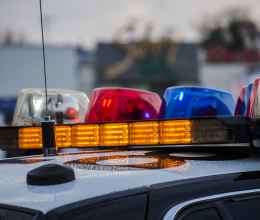
Civil rights groups offer policy for police body cameras
This week on Greater Boston with Jim Braude, Boston Police Commissioner Evans announced that the BPD will soon pilot the use of body-worn cameras.
Civil rights groups including the Boston Police Camera Action Team (BPCAT), the NAACP Boston Branch and the ACLU of Massachusetts applauded the news. Boston ranks among the last of the 25 largest cities in the country to do this, and the ACLU made the use of body-worn cameras a key recommendation in our 2014 report Black, Brown and Targeted, about racially discriminatory stop-and-frisk tactics that disproportionately affect Boston's Black and Latino communities.
We also quickly followed the announcement with a model body-worn-camera policy, designed to ensure privacy and effectiveness, and developed with residents and community groups in Boston. You can read the policy and more about why we support body cameras here:
https://aclum.org/cams
WBUR reporter Zeninjor Enwemeka also detailed our recommendations and explored their privacy implications:
Rahsaan Hall, the director of the ACLU’s racial justice program... who helped craft the proposed policy, said the main objective was to address privacy, transparency and accountability.
The privacy issue in particular also raises many questions about surveillance and civil rights — all core issues the ACLU works to protect. But body cameras seem to be a special case for the organization, which is pushing for the technology to be adopted.
“We’re certainly concerned with privacy rights; it’s a hallmark of our organization,” Hall said. “We’re also concerned with due process rights and equal protection rights and to the extent that those rights are violated by law enforcement. We want to be able to show that. We want to be able to prove that. We want to be able to provide redress for that.”
You can read her entire excellent story here:
Local Civil Rights Groups Release Proposed Policy On Police Body Cameras
Top photo by Marilyn Humphries.
Related content

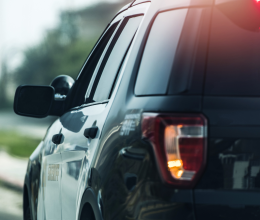
ACLU of Massachusetts calls for urgent federal investigation into...
September 20, 2024
Wrongful death lawsuit against Boston, four police officers can now...
May 16, 2024
Supreme Judicial Court rules that Hampden DA withheld exculpatory...
January 23, 2024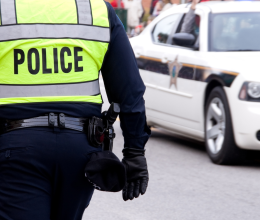
Know Your Rights: Photographing or Recording the Police
August 3, 2023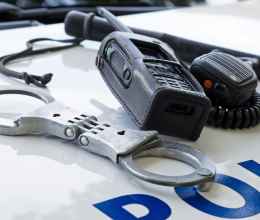
Know Your Rights: Police Misconduct
April 21, 2023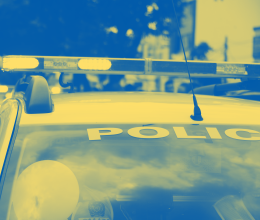
Jury sides with Boston man in false arrest case
February 22, 2023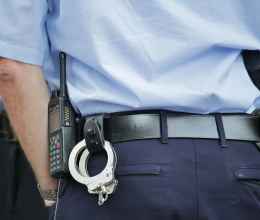
Okosi v. Roby
February 17, 2023